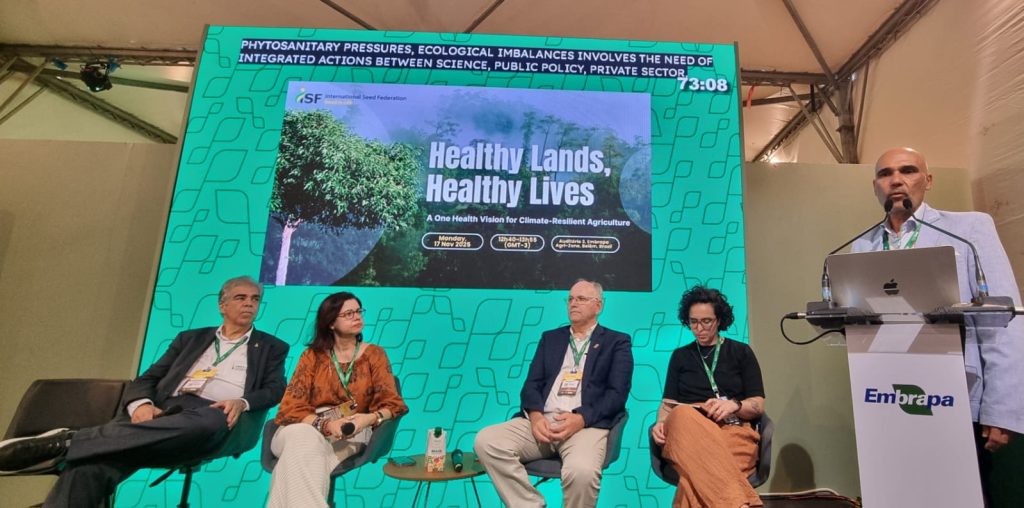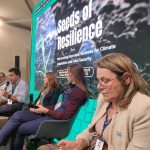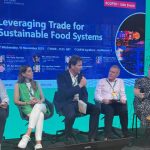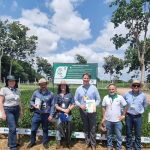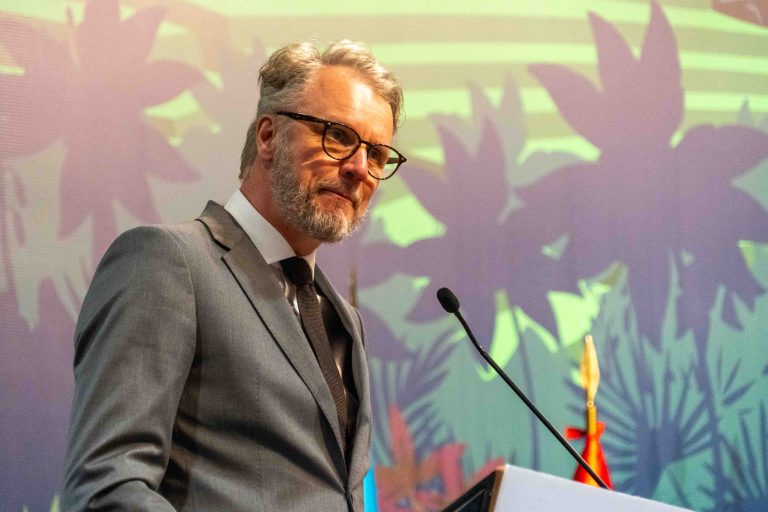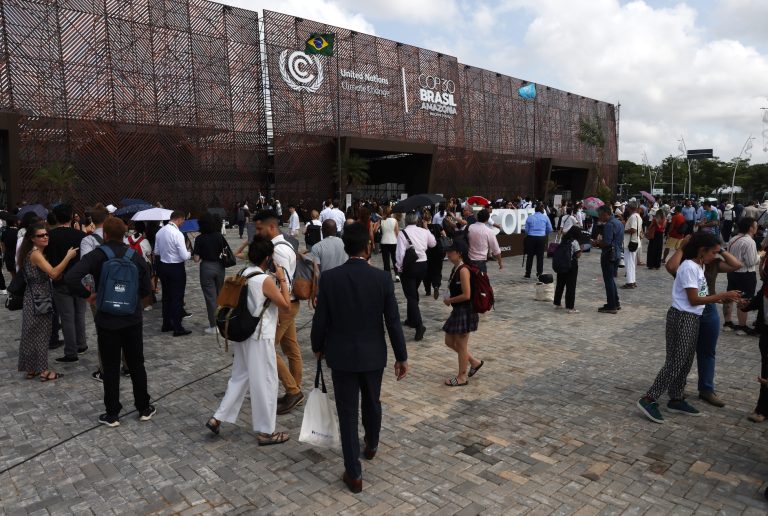Belém, Brazil — From 10-21 November 2025, global climate leaders and stakeholders gathered for the 30th session of the UNFCCC Conference of the Parties, also known as COP30. The summit took place in a region that symbolizes both the urgency and the opportunity of climate action. For ISF, it was a strategic moment to elevate the role of seeds in building climate-resilient food systems.
ISF’s statement, “Climate resilience starts with seeds,” guided its engagement at COP30. High-quality, well-adapted seeds strengthen food security, protect biodiversity, and help farmers cope with unpredictable weather. As climate impacts intensify, seed innovation becomes an essential tool for stable and productive agrifood systems.
COP30 offered ISF the opportunity to ensure that agriculture, seed systems, and plant health are fully recognized within global climate and sustainability policies.
ISF’s Presence at COP30: Dialogues, Panels, and Partnerships
ISF hosted two dedicated panel discussions at the Embrapa Agri-Zone in Belém. Both sessions brought together policymakers, researchers, private-sector representatives, and agrifood organizations.
- Healthy Lands, Healthy Lives: A One Health Vision for Climate-Resilient Agriculture (17 November)
- Led by ISF’s Phytosanitary Affairs Manager, Dr. Rose Souza Richards, this session explored the One Health approach and its relevance to climate adaptation. The discussion emphasized the links among plant, animal, human, and environmental health and highlighted the importance of seed and plant health for ecosystem resilience. Participants recognized Brazil’s leadership in land restoration and identified promising areas for public-private collaboration.
- Seeds of Resilience: Harnessing Improved Varieties for Climate Adaptation and Food Security (19 November)
- This session, led by ISF’s Sustainability and Crop Value Chain Manager, Ben Rivoire, focused on the value of improved crop varieties for addressing climate-driven disruptions in agriculture. Speakers examined how policy frameworks, investment strategies, and better access to quality seeds can deliver stronger yields and more resilient cropping systems. The discussion centered on practical solutions that farmers can implement now rather than theoretical long-term targets.
Beyond its own panels, ISF engaged with partners, media outlets, and stakeholders to highlight the importance of seed innovation and seed health in building climate resilience.
The Broader COP30 Context
According to Ben Rivoire, “Expectations from the seed sector for COP30 were high, especially with its location in the Amazon, in Brazil, a global agricultural powerhouse and a leading innovator. Issues related to forest protection, climate finance, and nature-based solutions were at the forefront as agriculture had a more visible role than in previous COPs. This reflected global recognition that food systems, which include seed as their critical starting point, are central to climate adaptation.”
ISF’s presence on the ground added value in several ways:
- Raising awareness about the importance of climate-resilient seed systems was meaningfully represented
- Highlighting the role of seed innovation, seed health, and resilient varieties in climate adaptation and mitigation
- Strengthening collaboration with a wide range of partners to secure biodiversity, productivity, and sustainable livelihoods in the face of climate change
- Emphasizing the role of improved seeds and resilient seed systems within future national climate strategies and agricultural investment plans
Turning Dialogue into Action
With COP30 behind us, the global community now faces the challenge of turning political declarations into measurable progress. For ISF, the next phase will involve continued advocacy, deeper collaboration with national and international partners, and practical efforts to expand access to climate-resilient varieties and seed innovation.
As the world races to build more resilient and sustainable agricultural systems, seed innovation will remain at the center of the solution.#
Further reading:
